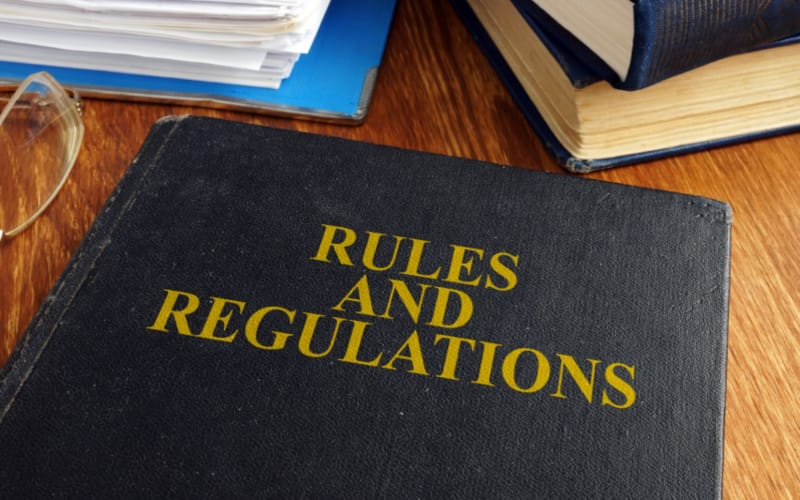Codes and Regulations Relating to Security Systems:
Security systems and cameras have become a common feature in many public and private spaces. These systems help to deter crime, provide evidence in case of criminal activities, and improve public safety. However, the use of security systems and cameras must comply with various codes and regulations to ensure that the privacy and rights of individuals are protected. In this article, we will discuss the codes and regulations regarding security systems and cameras.
The primary code that governs the installation and use of security systems and cameras is the National Electrical Code (NEC). The NEC outlines the requirements for electrical installations, including wiring, grounding, and the use of equipment in various applications. This code also covers the installation of cameras and other security equipment, such as alarms and access control systems. The NEC requires that all installations be performed by qualified individuals, and the equipment must be installed and maintained according to manufacturer specifications.
The NEC is a set of standards developed by the National Fire Protection Association (NFPA) to ensure electrical safety in buildings and other structures. The NEC is updated every three years to reflect changes in technology, new construction methods, and other factors that may impact electrical safety.
The NEC covers a wide range of topics related to electrical installations, including wiring, grounding, overcurrent protection, and the installation of equipment such as security systems and cameras. The code provides specific requirements for the installation of electrical systems in diverse types of buildings, including residential, commercial, and industrial structures.
One of the key principles of the NEC is the use of safety standards to prevent electrical hazards. For example, the NEC requires that wiring be installed in a way that minimizes the risk of electrical shock or fire, and that all electrical equipment be installed and maintained according to the manufacturer’s specifications.
The NEC also requires that all electrical installations be performed by qualified individuals. The code defines a qualified person as someone who has the skills and knowledge necessary to safely perform electrical work and is familiar with the NEC and other applicable codes and standards.
To ensure compliance with the NEC, local building codes and regulatory agencies typically require that electrical installations be inspected and approved before they are put into service. Inspectors will typically look for compliance with the NEC and other relevant codes and standards and may require corrective action or modifications to be made if deficiencies are identified.
Overall, the NEC is a valuable tool for ensuring electrical safety in buildings and other structures. Compliance with the code can help to prevent electrical hazards and protect individuals and property from electrical-related accidents and incidents.
Another code that is relevant to security systems and cameras is the International Building Code (IBC). The IBC provides guidelines for the construction, maintenance, and use of buildings, including the installation of security systems and cameras. The IBC outlines the requirements for the placement and operation of cameras, including the use of signage to indicate the presence of surveillance equipment.
In addition to these codes, there are also federal regulations that govern the use of security systems and cameras. The most important of these regulations is the Electronic Communications Privacy Act (ECPA). The ECPA regulates the interception of electronic communications, including the use of cameras and other surveillance equipment. The ECPA requires that individuals obtain consent before intercepting electronic communications, and it prohibits the interception of communications in certain situations, such as in restricted areas like restrooms.
There are also state and local regulations that govern the use of security systems and cameras. These regulations vary from state to state and city to city, and they may include requirements for the placement of cameras, the use of signage, and the storage and retention of video footage. It is important for individuals and businesses to be aware of these regulations and to comply with them to avoid potential legal liabilities.
In conclusion, the use of security systems and cameras must comply with various codes and regulations to ensure that the privacy and rights of individuals are protected. These codes and regulations cover the installation and maintenance of equipment, as well as the interception of electronic communications. It is essential for individuals and businesses to be aware of these regulations and to comply with them to avoid legal liabilities and ensure public safety.


